St. Joseph is the patron saint of dreamers and workers. He is also the Patron Saint of the Catholic Church given by Pope Pius IX. Dreams awaken us up to our deeper hopes, anxieties, desires, and fears. In fact in dreams we are workers and problem solvers as we allow the spirit to work in us and for us to deal with our daily work. Work is a means of sanctification, allowing work to bring us to holiness. It allows us to accept work to prosper our dreams for ourselves, our families, a good cause, and a mission. It can even become our calling in life.
Today our Diocese of Brownsville announced the suspension of all Masses until further notice to the public due to COVID-19. This is our Lenten season and we can appreciate that priests will continue to offer the Mass privately as an offering for this time of crisis. It is in our suffering we come to a greater conversion and sanctification. This is a time to come together in our homes as the domestic church and pray, fast, and offer our almsgiving for an end to this crisis. Let us pray to St. Joseph today to be our protector as he was for the child Jesus and Mary.
While little is said of St. Joseph in scripture, he is called a “righteous man”. His voice is silent except in his actions and they speak clearly. He listened to his dreams as coming from God and was obedient. A righteous man is honest and responsible to his work. A righteous man is a committed person. Once he understood the will of God he trusted in God and was obedient to do all that God asked of him without compromise.
Silent obedience is very difficult. We live in times where every opinion, action, or disagreement is posted on social media. We exercise our right to free speech regardless of impact. The virtue of silence is forgotten. If we would address our speech first to God, we would gain the virtue of prudence knowing when to speak and when to remain silent. Joseph in Hebrew has the meaning “he will add”. Joseph adds to the mystery of faith as a silent voice by his obedience.
Have you ever had a personality type test that identifies your traits? Named Jose carrying Joseph’s name sake my personality traits in the Briggs Myer test comes out as an “INTJ” meaning Introvert, iNtuitive, Thinking, and Judging. Introverts are of few words and in all of scripture Joseph is not quoted. His actions did all the talking and no words were needed. Joseph was Intuitive by understanding the dreams and following the guidance of God he not only spared the life of Mary he was obedient to the will of God. Joseph was a righteous man Thinking of a manner in which to “divorce her quietly” and save both their lives until he was given a dream. Joseph was Judging rightly to follow with obedience the angel of the Lord’s message. One of the strengths of an INTJ is that of “strategist”. A good strategist listens to the voice of God before entering into battle against the enemy. The voice says “fear not, I am with you.”
Was Joseph an INTJ we do not know but we can see in his actions one virtue needed in all of us and that is humility. Humility is the first unifying virtue in receiving Jesus as Lord and savior. Jesus humility is coming as a child without fear trusting in the humility of a mother and father to follow the spirit of truth. Jesus trusted in Mary and Joseph to be love and sacrifice for his love. What does your name represent and what name may Jesus be offering as a true calling that unites who he created us to be in his image with the unique characteristics of our personality? Ask and it shall be revealed.
Let us pray to St. Joseph for us to listen to the voice of God in our dreams, our work, our prayer, and our fellowship as a community of faith. Let us practice the virtue of silence before we speak even if for a moment to gain the virtue of prudence and lead us to righteousness, meaning right action. Let us also ask for St. Joseph’s protection as we live through this pandemic in our world. St. Joseph pray for us and add to our protection.
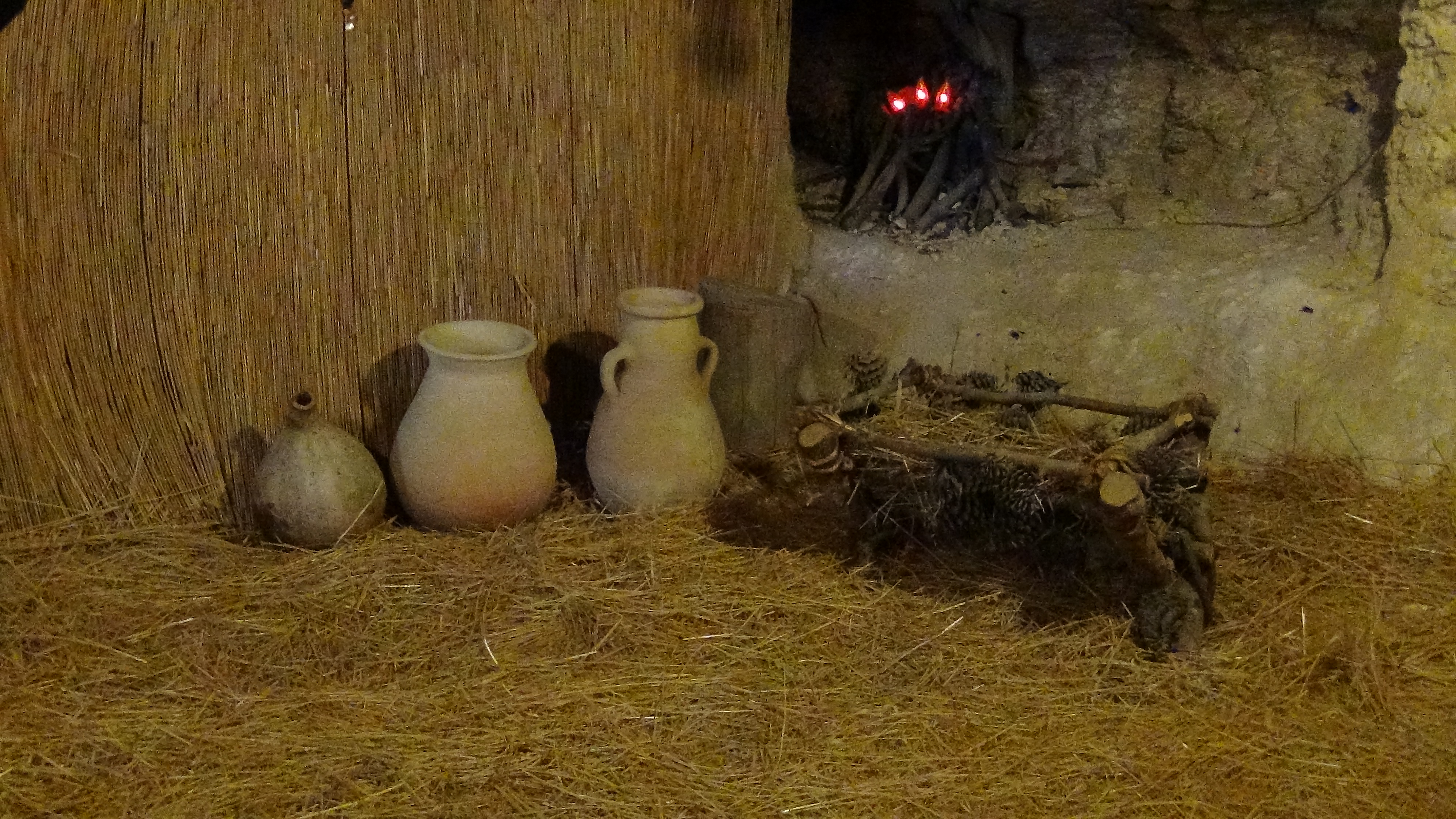


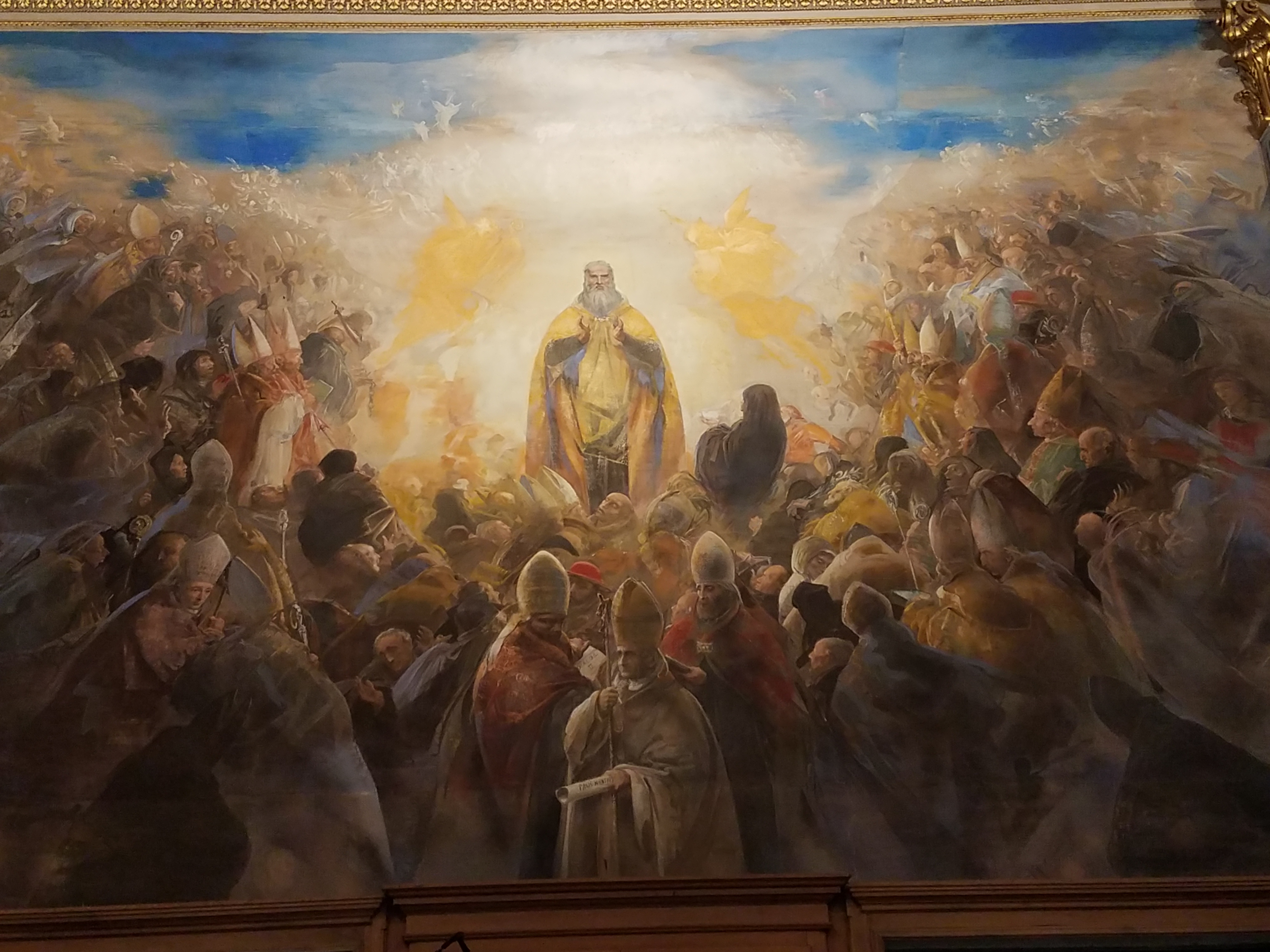

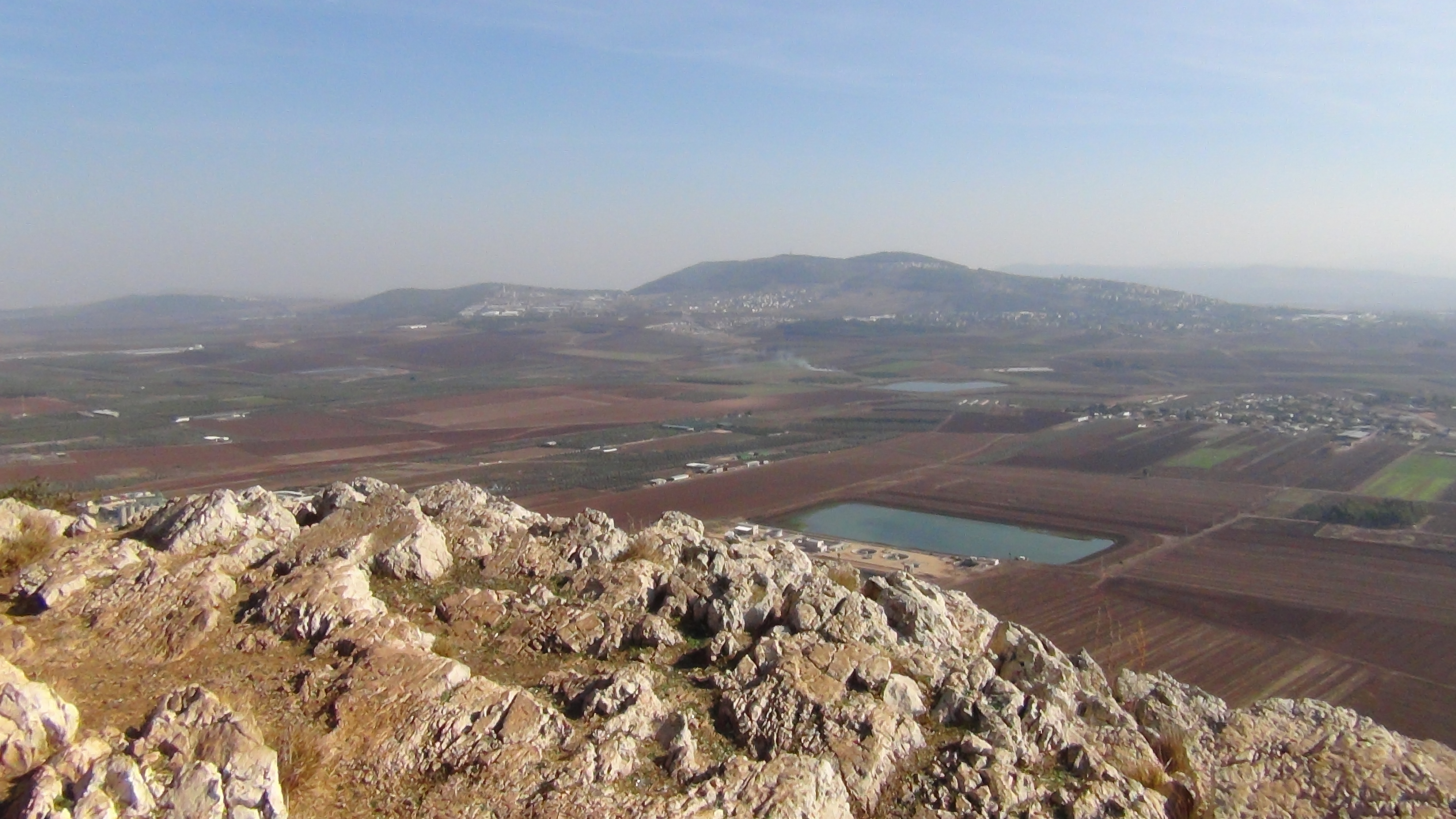

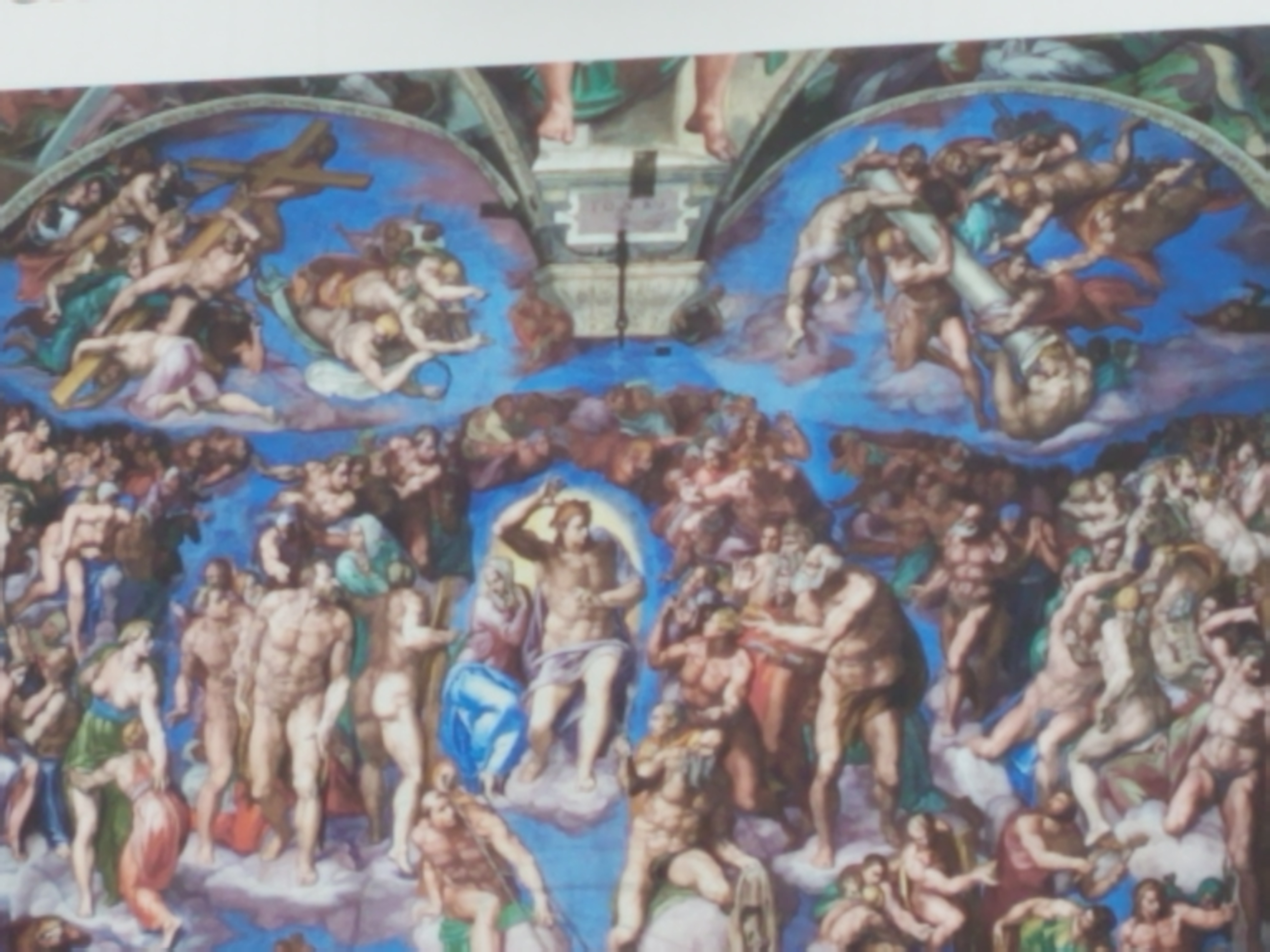



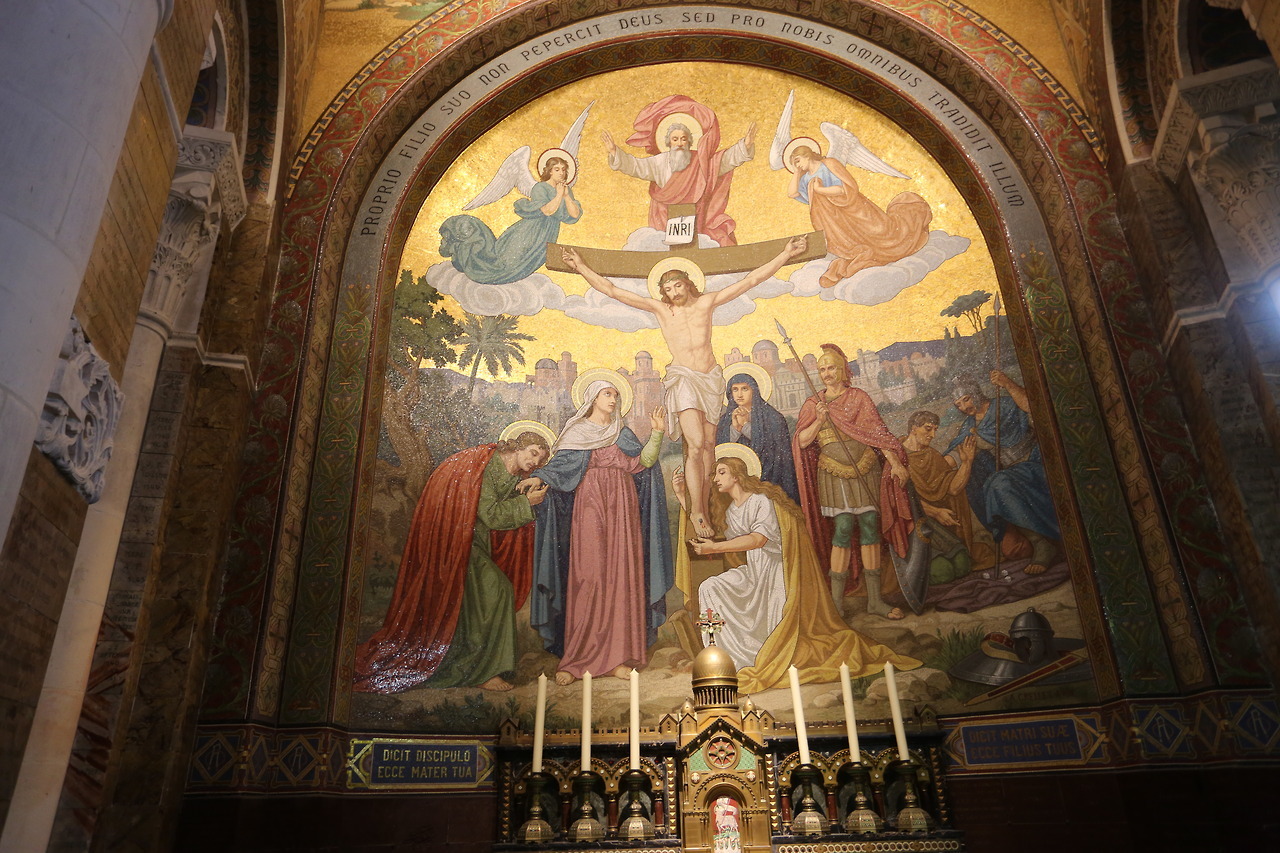





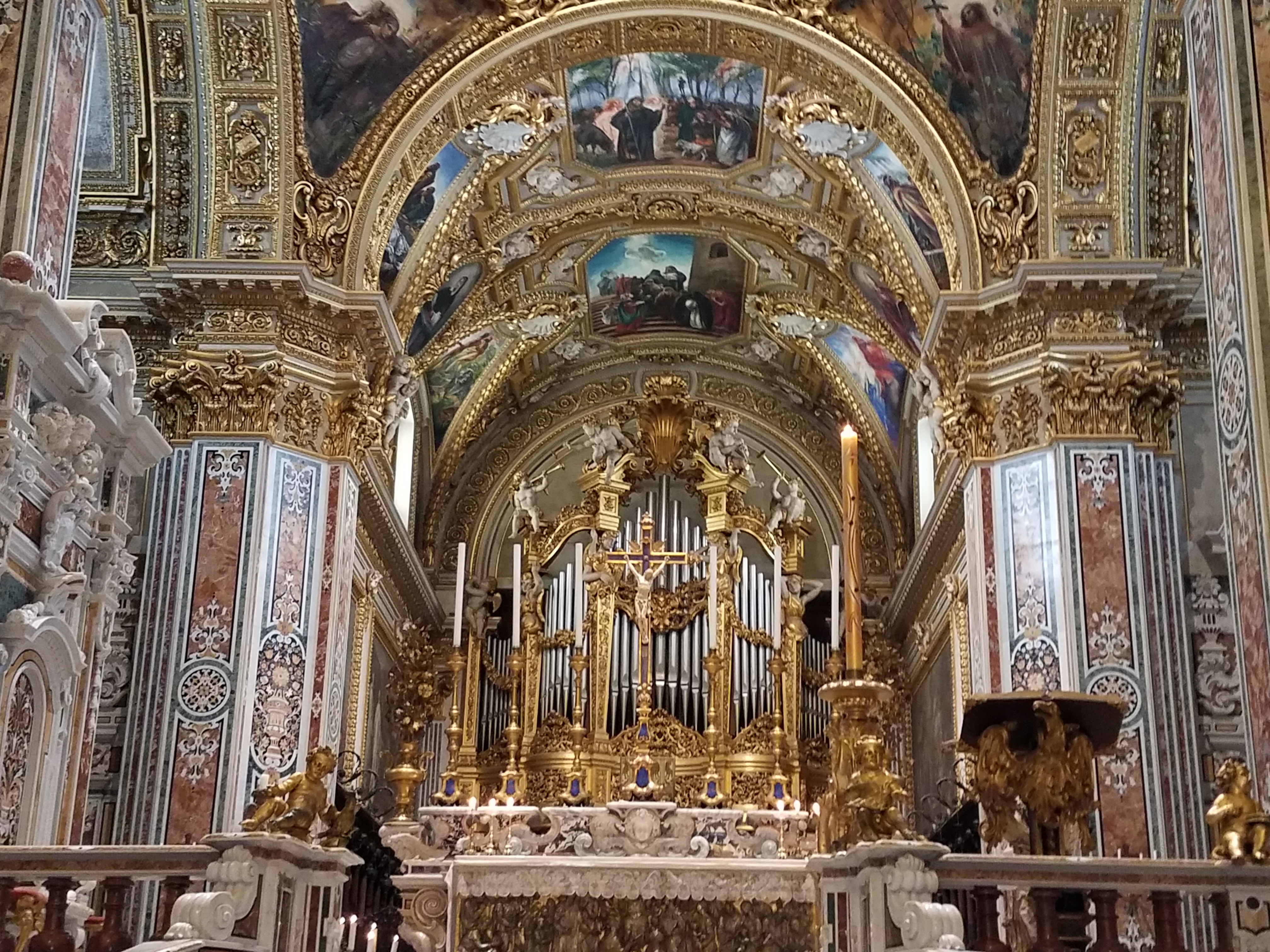


Recent Comments